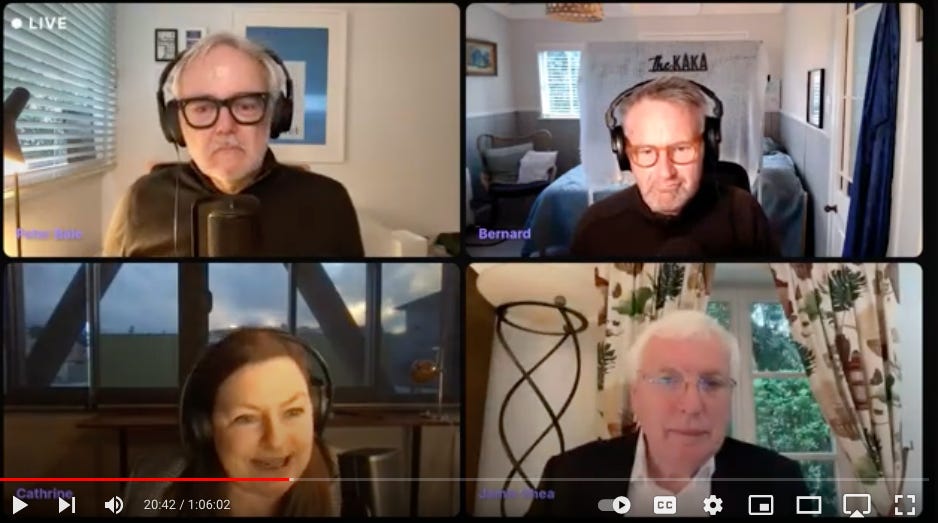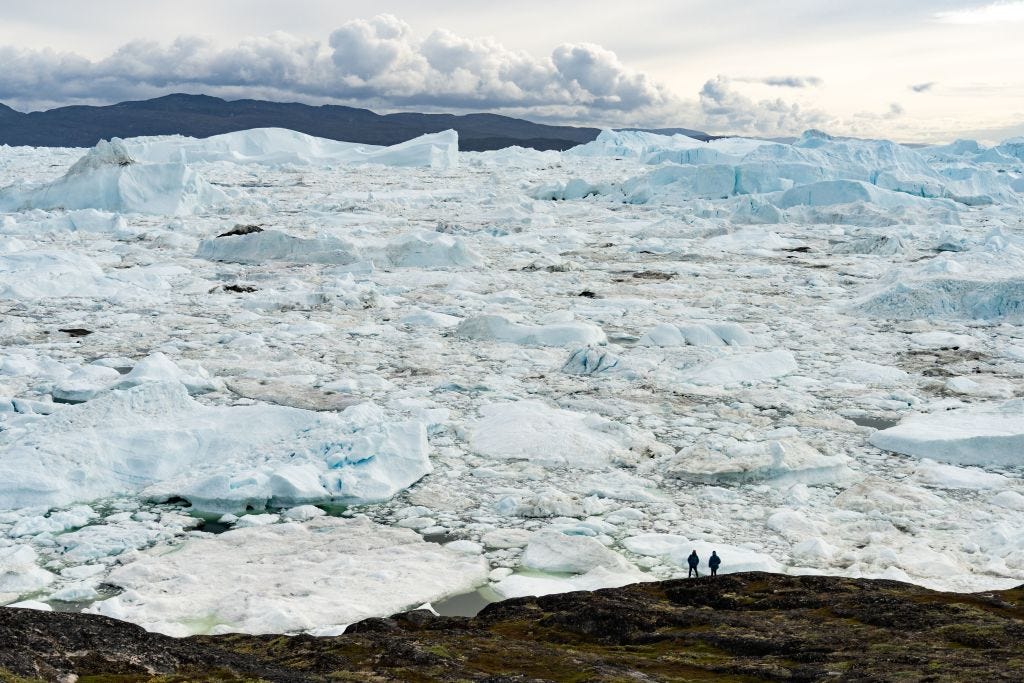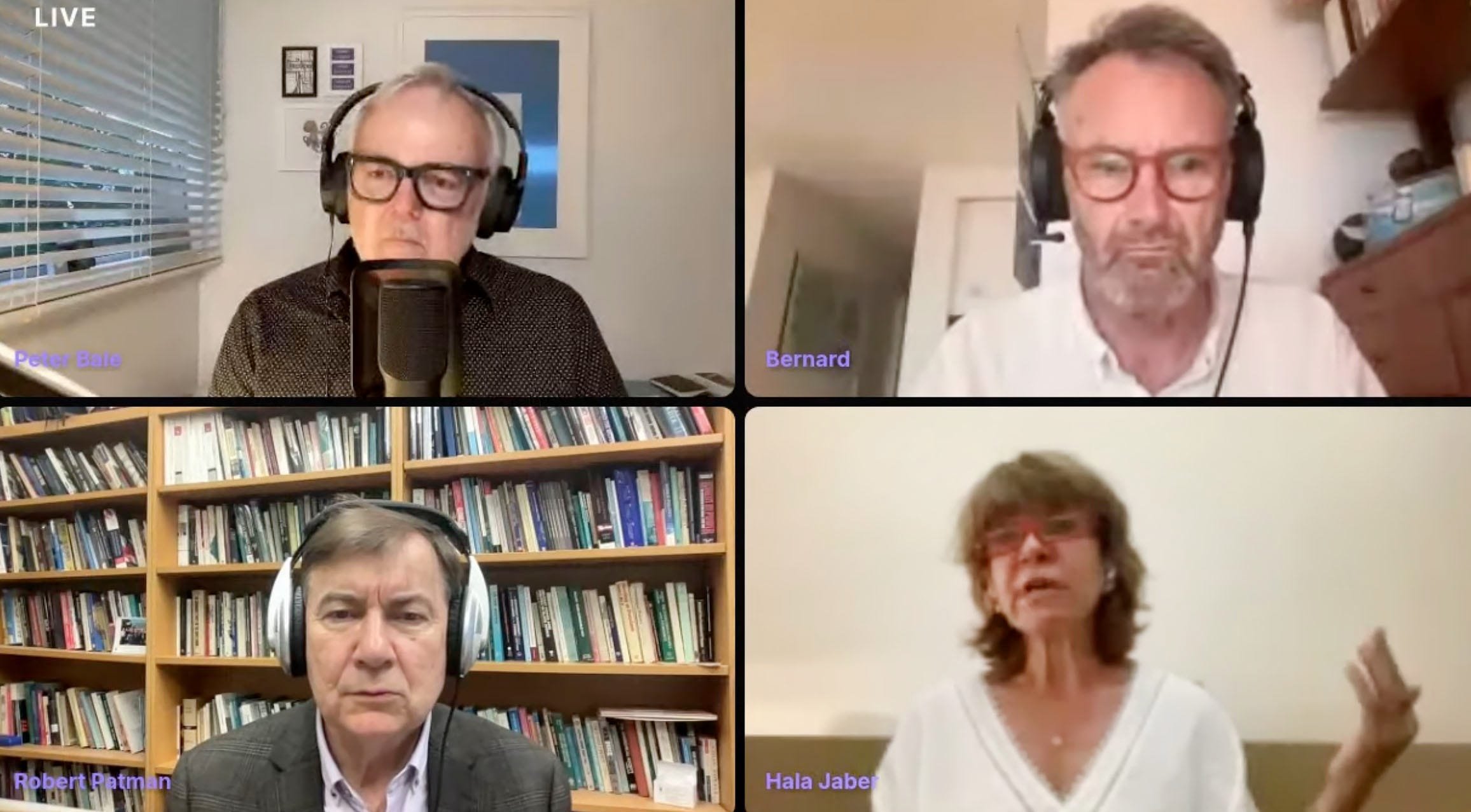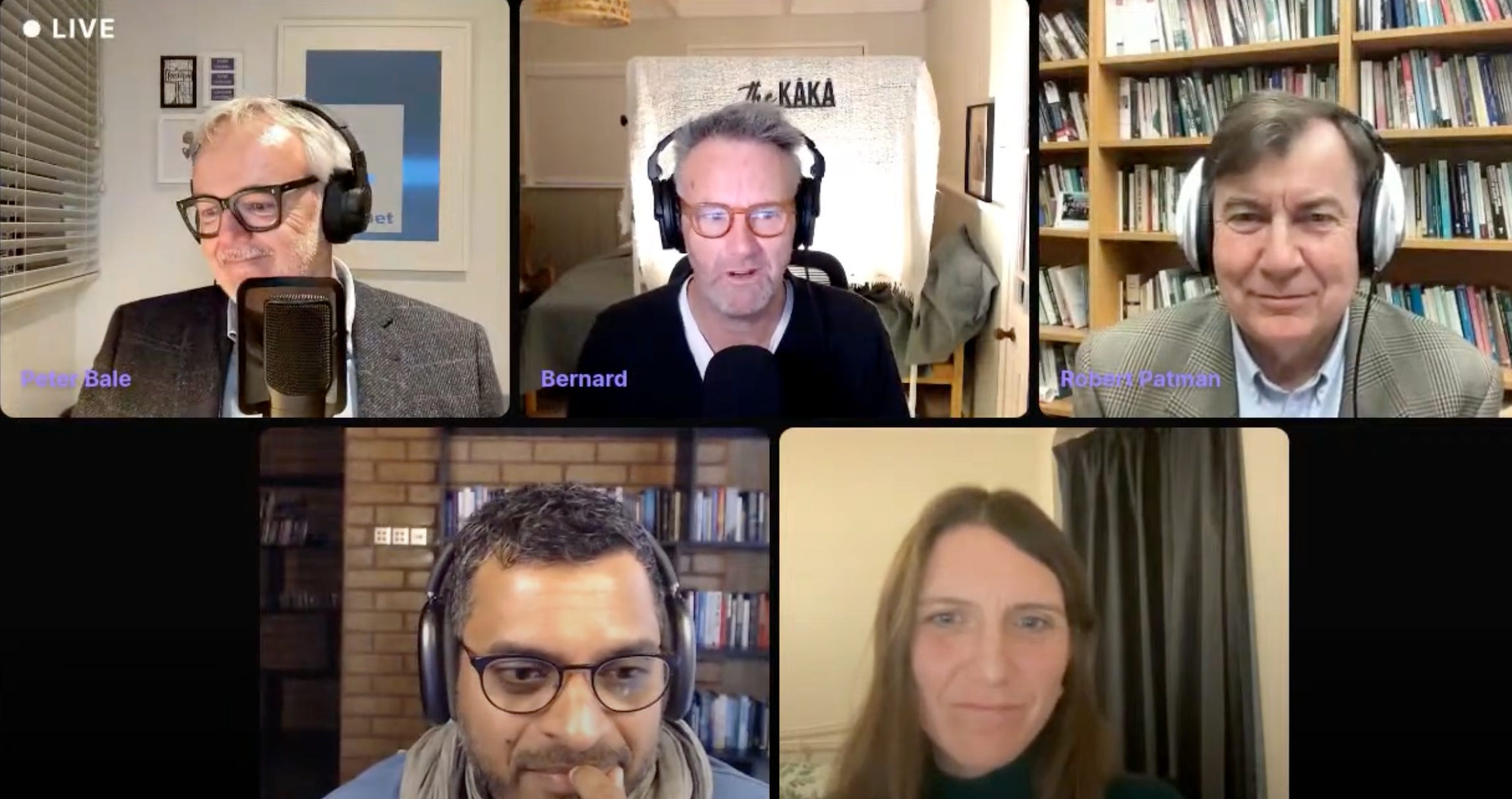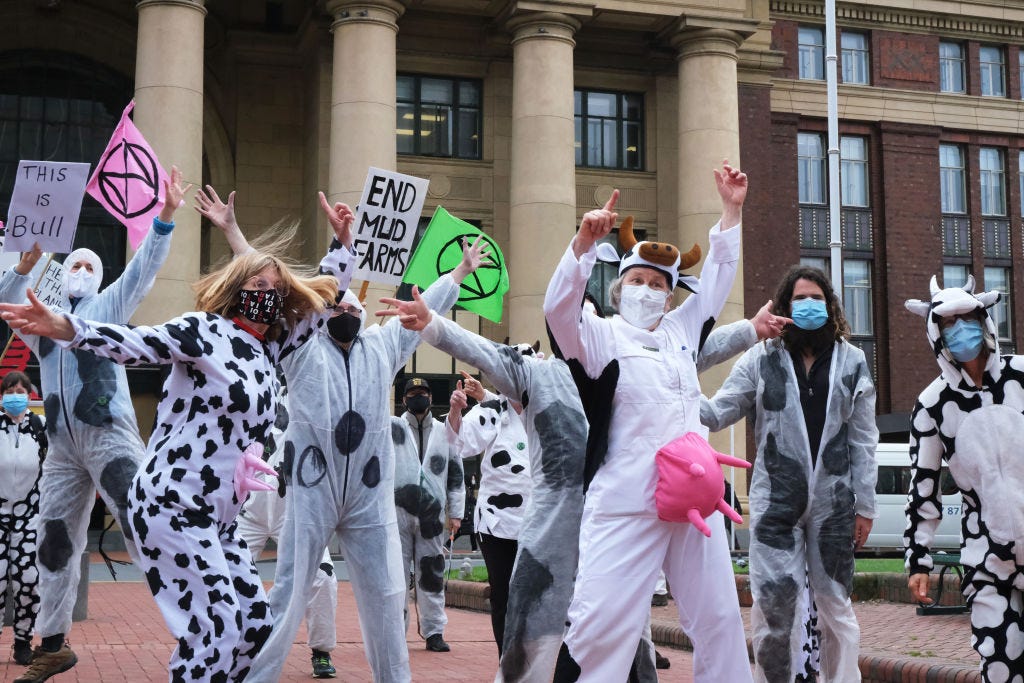Weekly Climate Wrap: The unravelling of the offsets
Description
TL;DR: Here’s the top six news items of note in climate news for Aotearoa-NZ this week, and a discussion above between Bernard Hickey and The Kākā’s climate correspondent Cathrine Dyer:
* A draft report from a UN taskforce on the use of carbon offsets was leaked this week, revealing the UN plans to reject companies’ use of carbon credits from the voluntary market, following a seemingly endless run of reports detailing serious integrity issues. Outrage from fossil fuel company representatives, quoted by the Financial Times, is already brewing in anticipation of the announcement.
* Rumblings about the current New Zealand Government’s offsetting plans are continuing to grow, following the release of last week’s Emissions Reduction Plan (ERP). Dame Anne Salmond lashed the proposed ‘tree planting frenzy’ in Newsroom, while the President of the New Zealand Institute of Forestry said it was good, but the Government had got the modelling wrong. In an RNZ interview, James Treadwell pointed out that the industry was only set to plant about half of the Government’s afforestation forecast over the next two years, leaving a big hole in the plan.
* The market’s next ‘black swan’ could come from climate risk gouging more than 40% from global equity valuations creating a ‘lost generation’ in equity returns.
* Fonterra is accused of spending more on advertising than research in a new global study looking at how big meat and dairy “delay, distract, and derail action on transforming the food system” mirroring strategies used by tobacco and fossil fuel industries.
* The social inequities of New Zealand’s transport emissions are unveiled in a new report showing some groups are ‘privileged’ by the current transport system, while it disproportionately harms the environment and other peoples’ health.
* Global temperatures hit fresh record highs in the last week.
(See more detail and analysis below, and in the video and podcast above. Cathrine Dyer’s journalism on climate and the environment is available free to all paying and non-paying subscribers to The Kākā and the public. It is made possible by subscribers signing up to the paid tier to ensure this sort of public interest journalism is fully available in public to read, listen to and share. Cathrine wrote the wrap. Bernard edited it. Lynn copy-edited and illustrated it.)
1. Integrity issues of the vast carbon trading market
A UN task force is rejecting the use of carbon credits by companies to off-set their greenhouse gas emissions, outside of government regulated markets, according to a draft report leaked to the Financial Times.
The task force, established by UN Secretary-General Antonio Guterres, says companies should focus on reducing their own emissions rather than participating in vast and growing voluntary carbon trading markets.
Many industries, including carbon intensive industries, rely on carbon off-setting to meet their net-zero carbon targets, claiming that it provides a critical stream of climate financing. This includes highly polluting fossil fuel companies, as well as tech companies like Microsoft, Amazon and Apple.
The Financial Times article quotes an outraged Jeff Swartz, vice-president at BP’s trading and shipping arm, which buys and sells carbon credits, “I would hope and I would expect that serious organisations that are committed to protecting ecosystems . . . don’t shut down an avenue for channelling that carbon finance.”
However, in recent years, report after report has emerged detailing serious integrity issues with carbon off-setting. Criticisms include vast over-statements of the emissions reductions achieved, the use of poor verification methodologies, impermanence of emissions reductions, and failure to obtain free, prior and informed consent (FPIC) from indigenous and other local communities.
While the bulk of these criticisms have applied to voluntary markets, government sanctioned schemes including the UN’s own clean development mechanism (CDM) and joint implementation (JI) that operated under the Kyoto Protocol, have also come under fire.
2. Growing scrutiny of NZ’s tree planting plan
Successive governments in Aotearoa have heartily endorsed carbon trading, both as a domestic policy tool for achieving emissions reductions, and as an international mechanism allowing the country to achieve its climate obligations through international off-setting.
Both approaches are coming under increasing scrutiny as challenges emerge. This week, Dame Anne Salmond issued a stern condemnation of plans by Minister for Climate Change, Simon Watts to promote “a tree-planting frenzy”, claiming that the strategy has proved to be an unmitigated disaster in the past:
After Cyclone Bola hit Tairāwhiti in the late 1980s, the government decided pine plantations were the answer to widespread erosion. Farmland was sold to international investors and converted to pine trees, hollowing out rural communities.
While the profits flowed offshore, the costs stayed with ratepayers and taxpayers, in the provision of port infrastructure, the losses associated with workers killed and injured in the forests, and damage to the regional roading network.
When the trees began to be harvested, some of the most erodible landscapes in the world were left bare, with predictable outcomes.
In a series of severe weather events, culminating in Cyclone Gabrielle last year, sediment and forestry waste (including trees that toppled in the storms) swept down local rivers, destroying bridges, roads, fences, powerlines, farm buildings, paddocks, orchards, vineyards, crops and family homes.
Riverbeds rose, increasing the flood risk to rural communities and Gisborne city. A little boy was killed by a pine log on Waikanae beach.
Agriculture, horticulture, viticulture, tourism, education, health and service industries in Tairāwhiti all suffered severe damage, and even the forestry companies themselves, many of which have been successfully prosecuted in the courts. Source: Newsroom
Criticism of the country’s forestry strategy in a report on land-use change issued in May by Parliamentary Commissioner for the Environment Simon Upton has bounced around in international media, reported by Bloomberg News and turning up in PhysOrg. Upton has long been critical of the use of afforestation as a cheap way to offset fossil emissions, suggesting they should only be used to offset short-term gases such as methane.
In addition, it emerged last week that the forecast tree planting in the Governments modelling for the draft Emissions Reduction Plan (ERP) overestimates by a factor of two the planting that is likely to occur in 2024 and 2025. New Zealand Institute of Forestry President, James Treadwell says that the government’s numbers are wrong and the projections unrealistic in an interview with Ingrid Hipkiss on RNZ, leaving a big hole in the ERP.
3. Beware the next black swan
In other news, a new study from the EDHEC- Risk Climate Impact Institute shows that failure to address climate change could gouge 40% from global equity valuations in what Bloomberg News describes as “the market’s next black swan”. According to lead author Riccardo Rebonato,
“After Covid we had a massive GDP loss but then a rebound. Here it seems to be like a headwind, a continuous headwind, without a rebound,” Rebonato said. “It could be the Climate L









